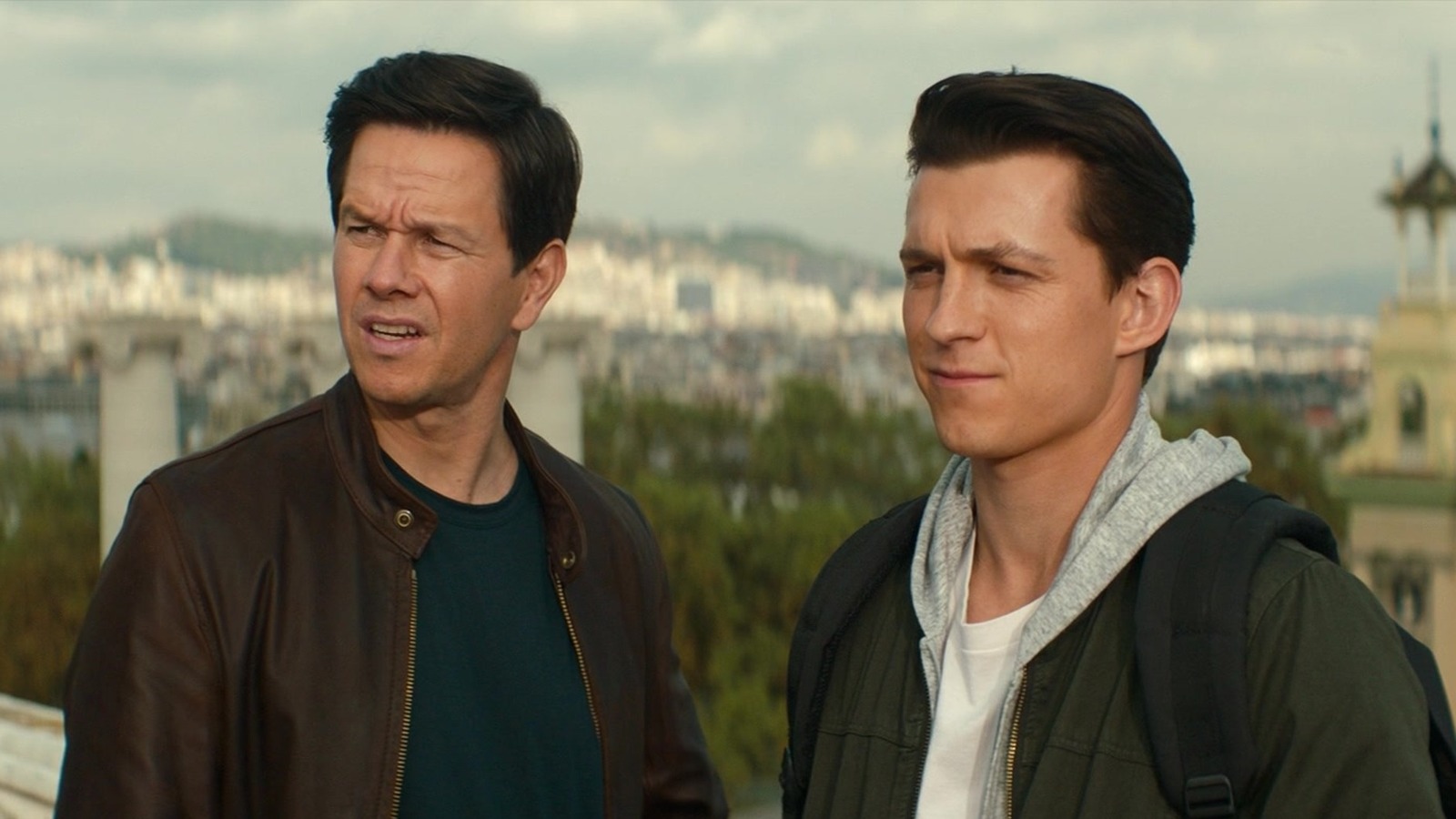
Tom Holland’s film “Uncharted” faced bans in two countries due to a controversial detail that many viewers might not have noticed. In today’s global cinema landscape, even the briefest moments in films can lead to significant repercussions. For instance, Disney’s 2017 live-action version of “Beauty and the Beast” was restricted in Kuwait and a city in Alabama because of a fleeting scene featuring two men dancing. Similarly, Pixar’s “Lightyear” was prohibited in 14 countries after a brief moment of two women sharing a kiss. While institutional homophobia is not surprising, films are also frequently banned for various other reasons, including the depiction of time travel in classics like “Back to the Future” or religious themes explored in “The Da Vinci Code.”
With “Uncharted,” directed by Ruben Fleischer and based on the beloved video game series, a specific map caused significant controversy, resulting in the film’s ban in Vietnam and the Philippines. Despite being a commercial success and appealing to audiences beyond the United States, the film encountered serious trouble due to its portrayal of a map containing the so-called “nine-dash line.” This line, which appears on some maps of the South China Sea, suggests that China has control over several disputed islands including the Paracel and Spratly Islands. The territorial claims in this area have sparked tensions among Vietnam, Taiwan, Indonesia, Malaysia, and the Philippines.
Upon the film’s release, Vietnam News Agency labeled the map as “an illegal image,” prompting a nationwide ban. The Philippines initially allowed the film to screen but later retracted its approval based on a ruling by a UN-backed tribunal from 2016, which invalidated China’s claims to the territory. The local authorities demanded that Columbia Pictures remove the controversial scene from the film, mentioning that it posed a violation of the decision regarding the disputed area.
Interestingly, “Uncharted” is not the only film affected by the inclusion of the nine-dash line. Other innocent films, including DreamWorks’ “Abominable” and Warner Bros.’ “Barbie,” encountered similar scrutiny due to comparable map representations. In fact, when “Barbie” was banned in Vietnam in 2023, the studio stated that the child-like crayon drawings in the film were not intended to convey any political message, portraying a whimsical journey rather than a political statement.
These instances highlight how even minor details can resonate deeply with those living in contested regions. The censorship of films brings to light broader implications as well. Experts emphasize that maps hold political significance, often tied to historical tensions. The tendency to censor, rather than foster open dialogues, can hinder the pursuit of justice or reconciliation. While audiences might have expected the biggest issue with “Uncharted” to be its humorous quips, it turned out to be a map that ignited a geopolitical storm.



